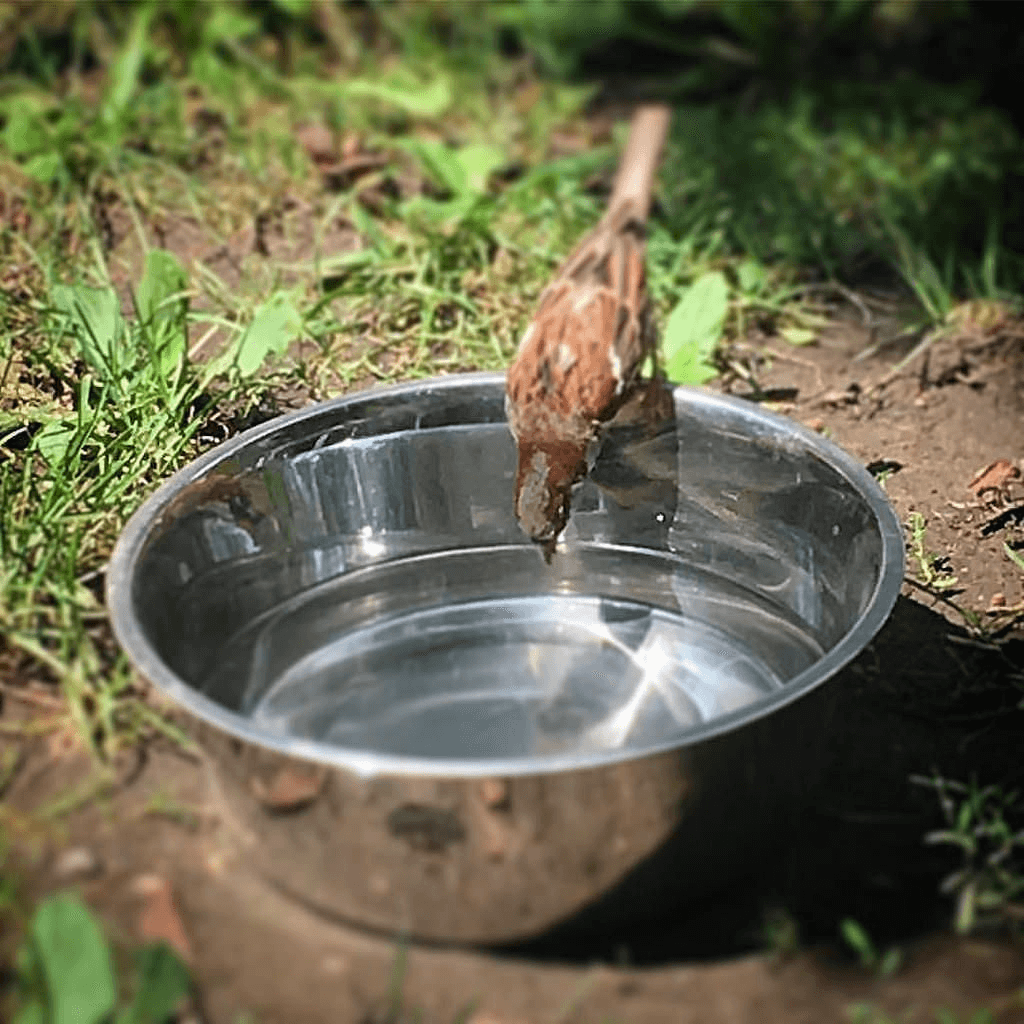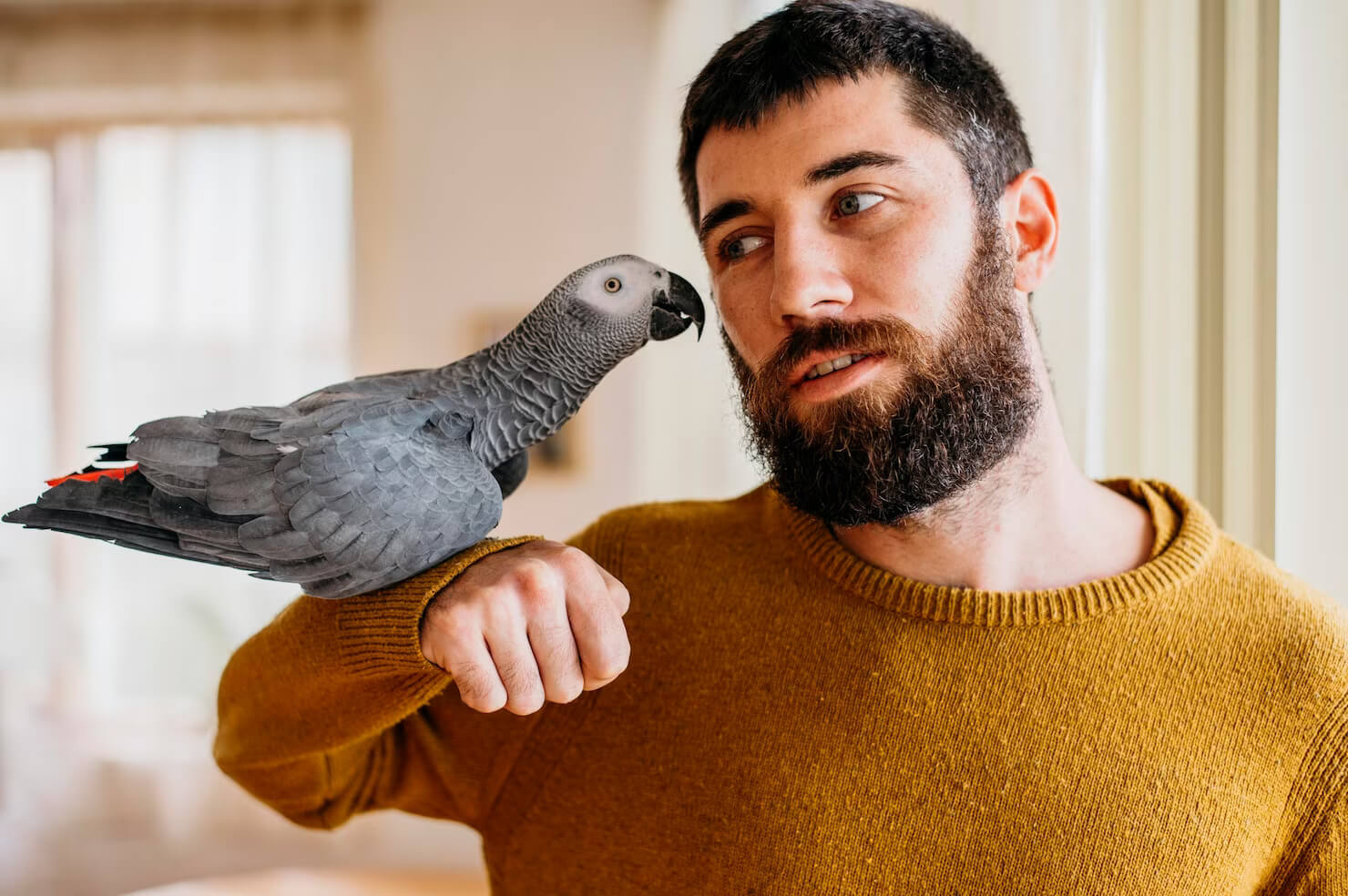Proper nutrition is essential for the health and well-being of your pet birds. Whether you have a parrot, canary, finch, or budgerigar, understanding their nutritional needs and providing a balanced diet is crucial to ensure they thrive in captivity. In this comprehensive guide, we’ll explore the nutritional requirements of pet birds, discuss the primary components of their diet, and introduce some nutritious treats to keep your feathered friends happy and healthy.
Understanding Bird Nutrition
Birds have specific dietary requirements that vary depending on their species, size, and age. However, some general principles apply to most pet birds:
1. High-Quality Pellets or Seeds
The foundation of a pet bird’s diet often consists of high-quality pellets or seeds. Pellets are specially formulated to provide balanced nutrition, while seeds can be a component of a varied diet. The key is to choose a brand that offers a well-balanced pellet or seed mix specifically designed for your bird’s species.
2. Fresh Fruits and Vegetables
Fresh fruits and vegetables are essential sources of vitamins, minerals, and fiber for your pet birds. Some commonly offered options include apples, oranges, carrots, leafy greens, and bell peppers. Ensure that you wash and prepare them properly, removing any seeds or pits that may be toxic.
3. Protein Sources
Protein is vital for your bird’s muscle development and overall health. Offer sources of lean protein, such as cooked poultry, eggs, and legumes (e.g., beans and lentils). Some birds may also enjoy cottage cheese or yogurt in moderation.
4. Calcium
Calcium is essential for maintaining healthy bones and eggshell formation in breeding birds. Provide a calcium source, such as cuttlebone or mineral blocks, in your bird’s cage. Many birds will naturally nibble on these to meet their calcium needs.
5. Water
Fresh, clean water should always be available to your pet birds. Ensure that their water dish is cleaned and refilled daily. Birds may also enjoy a shallow dish for bathing, which helps keep their feathers clean and healthy.
Common Nutritional Challenges
While providing a balanced diet is crucial, there are common nutritional challenges that pet bird owners should be aware of:
1. Seed-Only Diets
Feeding your bird a diet solely composed of seeds can lead to nutrient deficiencies and health issues. Seeds are often high in fat and lack essential vitamins and minerals. It’s essential to offer a more varied and balanced diet.
2. Overfeeding
Birds, like other pets, can become overweight if overfed. Monitor portion sizes and avoid excessive treats, especially high-fat or sugary options.
3. Lack of Fresh Foods
Some bird owners may rely too heavily on pellets or seeds and neglect to provide fresh fruits and vegetables. A varied diet is key to meeting your bird’s nutritional needs.
4. Inadequate Calcium
Calcium deficiency can lead to brittle bones and egg-related problems in breeding birds. Ensure that your bird has access to calcium sources, and consider offering cuttlebone or mineral blocks.
Nutritious Treats for Your Pet Birds
Treats can be a great way to bond with your pet birds and provide them with additional nutrients. Here are some nutritious treats to consider:
1. Millet Sprays
Millet sprays are a favorite treat for many birds, including budgerigars and cockatiels. They are high in carbohydrates and can be offered occasionally.
2. Nut Mixes
A mix of unsalted nuts, such as almonds, walnuts, and pecans, can be a nutritious treat for larger parrot species like macaws and African greys. Offer them in moderation due to their high fat content.
3. Dried Fruits
Dried fruits like apricots, raisins, and cranberries can be a tasty and vitamin-rich treat for your birds. However, they are also calorie-dense, so offer them sparingly.
4. Whole Grains
Whole grains like cooked quinoa, brown rice, and whole wheat pasta can provide a variety of nutrients to your birds. Cooked grains can be a warm, comforting treat.
5. Vegetables
Some birds enjoy fresh or cooked vegetables as treats. Offer small pieces of broccoli, carrots, or peas as an occasional snack.
6. Commercial Bird Treats
Commercially available bird treats are specially formulated to meet your bird’s nutritional needs while offering a tasty reward. Look for reputable brands and follow their feeding guidelines.
Conclusion
Feeding your pet birds a well-balanced diet is essential for their health and happiness. Understanding their nutritional requirements, offering a variety of foods, and providing nutritious treats in moderation are key to ensuring they thrive in captivity. Remember that each bird species may have unique dietary preferences and needs, so it’s essential to research and tailor their diet accordingly.
Consult with an avian veterinarian or a bird specialist if you have specific questions or concerns about your pet bird’s diet. With proper nutrition and care, your feathered friends can live long, vibrant lives, bringing joy and companionship to your home.




